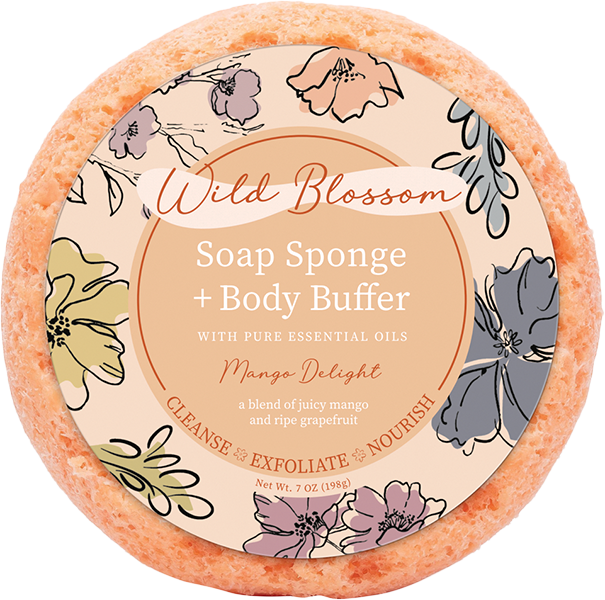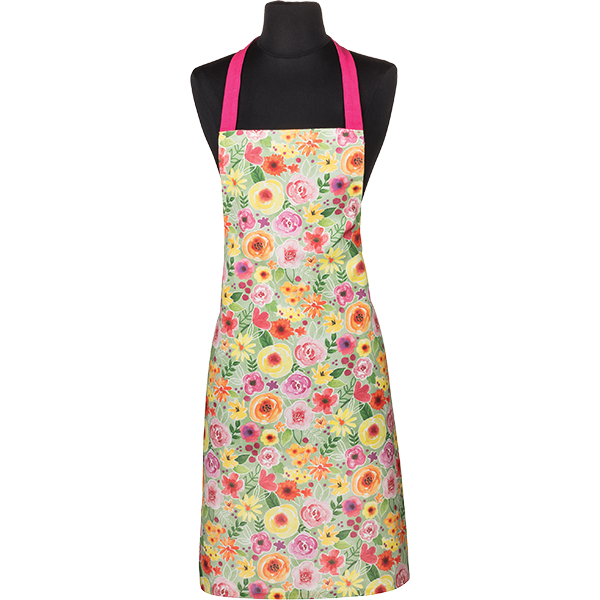Consumers Want More Fair Trade Products Available
San Francisco, CA – U.S. consumers are no longer strangers to Fair Trade, but cite lack of product availability as the main reason preventing them from buying fairly traded goods, a new study released by ALTER ECO FAIR TRADE today shows.
The study, conducted in collaboration with researchers from six major universities across the nation, shows that more than 70% of the consumers interviewed are familiar with Fair Trade. The results of the report confirm that Fair Trade is consistently going mainstream, especially as larger brands and institutions continue to adopt Fair Trade practices. However, it also shows the Fair Trade market to be fragmented, with little name recognition for the small independent companies that have driven Fair Trade since the movement’s beginning.
Key findings include:
-Awareness of Fair Trade is widespread, with two-thirds of respondents familiar with the term. However, despite a high level of familiarity with Fair Trade and informed opinions, many consumers have a vague understanding of Fair Trade.
-Personal values and product quality drive consumers when purchasing Fair Trade items, which confirm findings of previous studies.
-Although price is an impediment for consumers who have never bought Fair Trade products before, most will pay a premium for brands they trust, emphasizing the importance of brand loyalty to the purchase decision.
-The availability of Fair Trade products is still limited – less than half of respondents report seeing Fair Trade items where they normally shop.
-There is no single, dominant Fair Trade brand in the minds of consumers. One-third of respondents feel that availability of Fair Trade products would influence their choice of retailer.
-While coffee continues to be the most popular Fair Trade category (66.6% of research participants cited coffee), several other categories are emerging in popularity including tea, cocoa, fruit, and rice/grains.
-These findings, ALTER ECO believes, create an incentive for mainstream retail outlets to stock more Fair Trade items and help educate their customers on the benefits of Fair Trade.
“We applaud the more mainstream retailers for adopting Fair Trade practices and offerings, which is a key contributor to the increased awareness and offerings of Fair Trade in the market,” said Edouard Rollet, Chief Operating Officer of ALTER ECO Fair Trade. “As small, independent companies who have pioneered Fair Trade in collaboration with grass roots and alternative organizations throughout the industrialized world, it is still our responsibility to promote an alternative form of trade that benefits all stakeholders, including the most marginalized populations, farmers and families.”
The study, sponsored by ALTER ECO Fair Trade was implemented in collaboration with University of Arizona, University of Nebraska-Omaha, University of California-Berkeley, Colorado State University, University of Illinois-Chicago and the University of Wyoming. Close to 500 interviews were conducted in 6 markets: Berkeley (California), Fort Collins (Colorado), Tuscon (Arizona), Chicago (Illinois), Omaha (Nebraska), and Laramie (Wyoming).
Since conducting its first world consumer study 2001 in collaboration with PricewaterhouseCoopers, Alter Eco has regularly surveyed the Fair Trade market to monitor evolution in awareness, trends, and opportunities to better market fair trade products to mainstream consumers. In a true transparent and dynamic approach for the field, Alter Eco makes the findings and recommendations available to other organizations eager to increase market share for fairly trade products.
ALTER ECO Fair Trade is a San Francisco-based company dedicated to the import and wholesale of Fair Trade and organic food products. The company currently offers an exotic variety of products including lines of chocolate, coffee, tea, rice, quinoa and rice. More information on ALTER ECO and our 100% Fair Trade product line is available on our website: www.altereco.com.
Fair Trade is a form of global commerce where priority is given to trading with small and marginalized farmer groups, and building trade relations based on solidarity and sustainability. This approach ensures them fair remuneration that covers the full cost of production and contributes to the continual improvement of working conditions and environmental sustainability.
This approach aims to:
– Guarantee the workers decent working conditions and revenues.
– Facilitate the development and steady growth of autonomous production centers.























